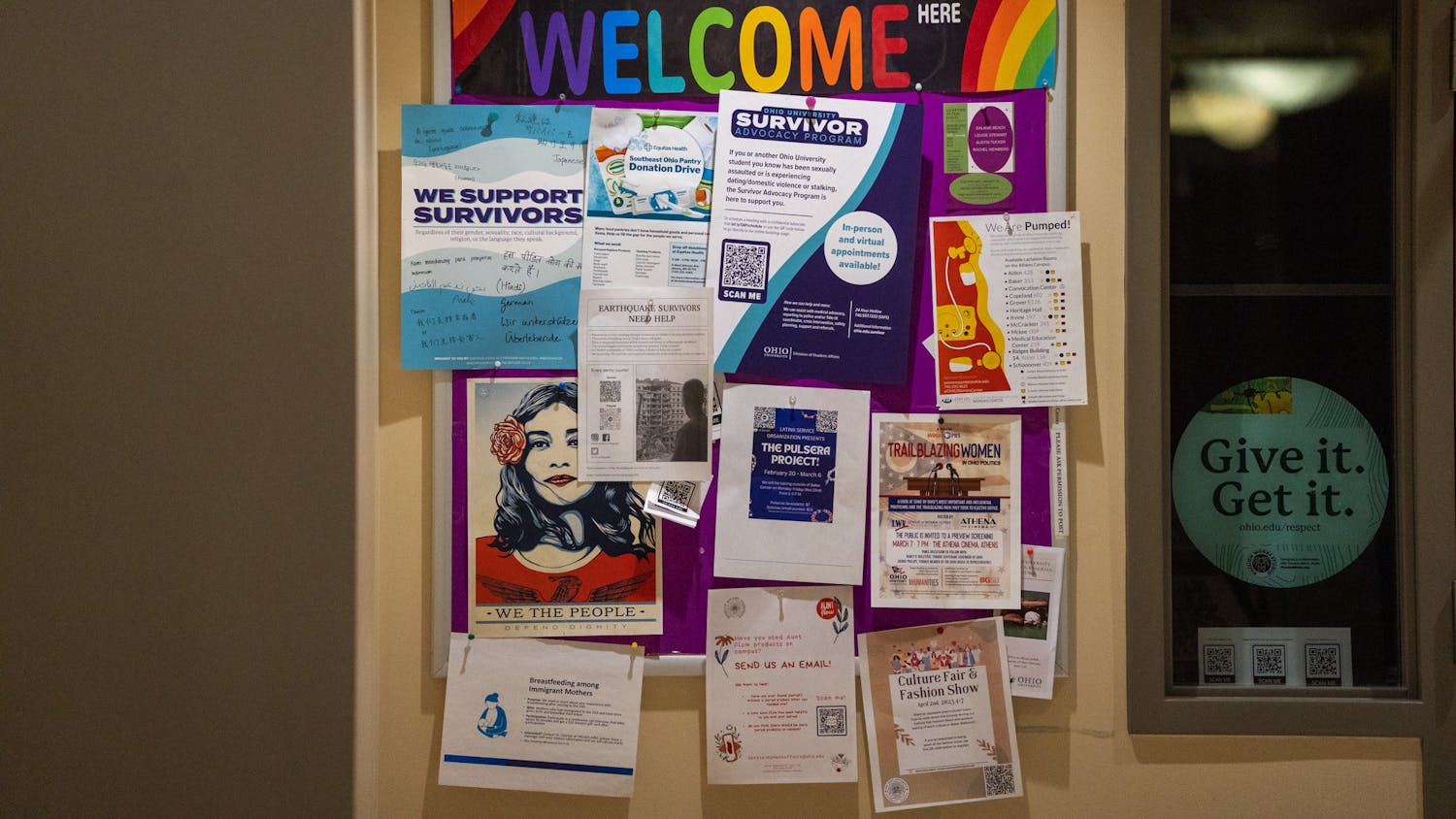On May 4, the popular Netflix series “Bridgerton” released a six-episode side story called “Queen Charlotte: A Bridgerton Story," centering around Queen Charlotte of England.
The first season of the show had 625 million hours watched, and the second season had 193 million hours watched by the end of the premiere weekend. The content of the show entails the matchmaking process of Regency-era England, with all of the drama and scandal expected from a period piece. While some may view this as a frivolous production, the success of “Bridgerton” only alludes to the intrigue of period dramas.
We’ve seen the support for this type of story before. “Pride and Prejudice” is practically a household name by now, and 17 movie adaptations and a television show have stemmed from the Jane Austen novel. Another example would be the TV powerhouse that was “Downton Abbey,” which ran for six seasons. Many of those programs are like “Bridgerton” and focus on familial drama and societal scandal and because many of those stories feature women as their main characters, the topic of marriage is usually brought up.
Upon first impression, those stories are superficial and are intended to be consumed with little critical analysis. However, this form of media has a high audience rating, specifically with women, for a reason. Regardless of expectations, the appeal behind historical dramas is far from shallow.
Most people prefer to indulge in stories that they can somehow relate to. Part of the struggle for many women with mainstream media is the lack of accurate representation, especially in what is considered a “cult classic.” It is not necessarily that there are no women, though in some cases this is true, but that women are not portrayed in a way that properly conveys their feelings, thoughts and opinions.
As previously mentioned, period pieces often have women at the forefront of their plots. Of course, the dramas are flawed in their emphasis on romance, a genre catered to women to the point of exhaustion. But when fully examined, they are much more than that.
Foremost, period dramas highlight the significance and depth of female friendships. Women are often pitted against each other to vie for male attention, and while this may occur occasionally in these dramas, it is overshadowed by the sincerity of the relationships among women.
In “Pride and Prejudice,” Elizabeth Bennet has a close confidant in Charlotte Lucas, and their relationship is tested by the expectations for women in the time period. It scrutinizes abandonment and the loss of identity upon marriage and the desire for what is best for those you care for.
Penelope Featherington and Eloise Bridgerton also demonstrate a friendship that is valued over potential suitors. Similar to Lucas and Bennet, these two characters recognize the triviality of courting and Bridgerton openly admonishes the idea of marriage. This in itself is made further complex by also acknowledging the absolute obligation of being married in a misogynistic society. Through those connections, the audience becomes privy to the doubts and passions of these women and sees a self-awareness that many stories would not think women are capable of.
Period dramas also demonstrate the way that women weaponized things that would be considered daft and insignificant. Women are often characterized as petty and prone to gossip. In the books, television shows and movies there is plenty of squabbling and whispering, but it presents itself for what it truly is: exchanging information.
Throughout history, women understood that knowledge is power. In these shows, they utilize the whisperings that permeated socials and soirees as either social capital or potential blackmail material. Some of it is exacerbated for the sake of entertainment, but it still positions this as a skill, rather than an irritable habit.
Fundamentally this type of media portrays women as complex and their issues as substantial, no matter how banal. Their problems are what women could see themselves having, especially in regard to self-reflection. Those characters are based on reality, even if that reality has some historically inaccurate gowns and outlandish scandals.
Kirsten Abbey is a junior studying journalism at Ohio University. Please note that the views and opinions of the columnists do not reflect those of The Post. Want to talk more about it? Let Kirsten know by emailing her ka239920@ohio.edu.





